devour, become, ascend: Reverent as a gospel of transformation
on saints who bleed, gods who hunger, and the divinity of defiance
A collection of stories, poetry and non-fiction dedicated to the divine.
Divinity exists in everything. Divinity exists everywhere.
In the past, present and future. In the miniscule and the grand. From fantastical realms and worlds of depth to what lives and suffers in our very own reality. From the gods above, to the girl sitting by your side. Divine.
It's all divine. And this anthology is but a capsule of what divinity means in the interpretations and eyes of these authors.
Please note! This anthology is for mature audiences due to themes and explicit content.
“To engage with the divine is by necessity an indirect experience.”
Viktor E. Grace Lang, ‘The Angelic Function: An Essay Concerning the Angel’s Place In Judaeo-Christian Literature’, Reverent Anthology.
I’ve known of Quinton Li1 for a little while now. Their name drifts in and out of my bookstagram feed, whispered among the indie publishing and queer literary communities on Instagram. This anthology does not ask politely for space—it takes, carves steady hands and refuses to apologise for its existence. These stories do not whisper sweet nothings to the void; they insist on being heard. Considering the current socio-political climate, there is something profoundly defiant and sacred about that.
I knew I had to jump at the chance to read Reverent. Queer, independent, and unafraid? This is exactly what we should be supporting. And yet, we talk a big game about uplifting small artists whilst mindlessly feeding the publishing behemoths and industry giants that dictate what stories are allowed to be told. But that’s a rant for another time.
What you need to know is this: Reverent is not just any anthology. It’s a reckoning. A space for voices that refuse to whisper. A text that does not ask to be read—it demands to be devoured.
And devour it, I did. Here are my favourites..
the far too holy and the angels falling short — alice scott
Themes: Religious trauma, queerness, family expectations
Some people are born to inherit the world. Others are born to burn it down.
Alice Scott’s The Far Too Holy and the Angels Falling Short is the kind of story that lingers—feral, radiant, clawing at the edges of your ribs long after you’ve finished reading. It opens the anthology with a single, undeniable truth: holiness is violent. Not the act of being divine, but in the way divinity is wielded—and its consequences. In Severin’s world, magic is currency, lineage is law, and failure is not an option. Scott’s story pulses with tension and history. Revenge is on the tip of their tongue—can you taste it?
Scott understands something fundamental about power—how it is inherited, how it is denied, and how, sometimes, it has to be stolen back. Severin does not beg for their place at the table. They take what is theirs, by blood, by magic, by sheer refusal to stay small.
And there is something terrifyingly beautiful in that.
The story crackles with lineage and history—old money, old magic, the kind of legacy that binds you in gold shackles and calls it a gift. But Severin does not want their family’s inheritance, they desire freedom and they will get it—even if they have to carve it out with their own hands.
I need to read more of Alice Scott’s work.2
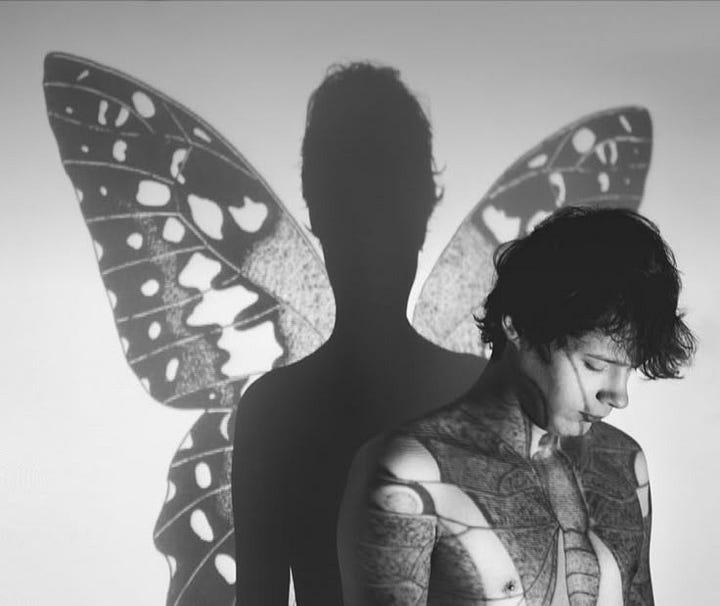
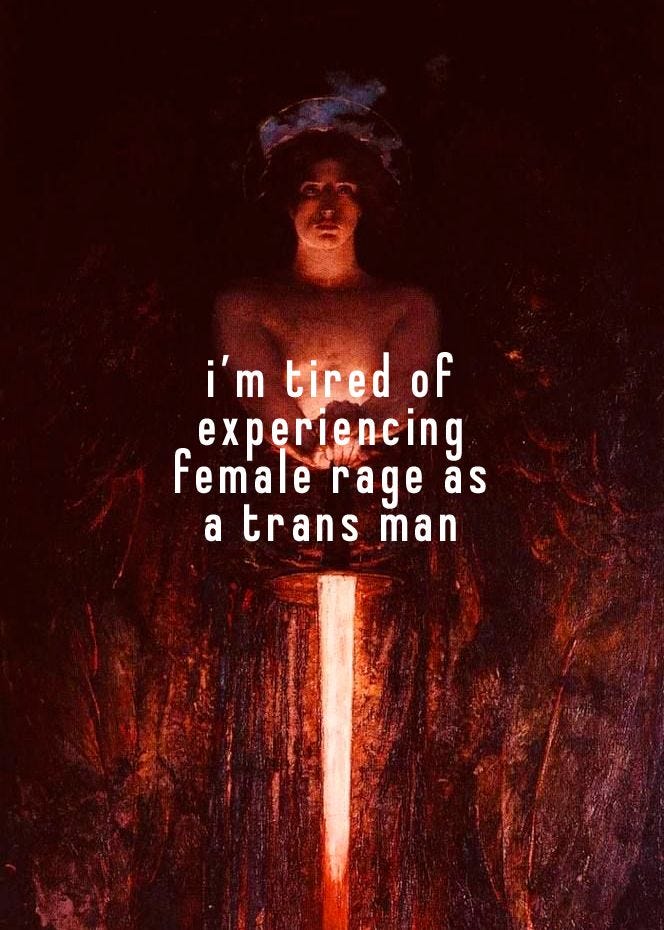
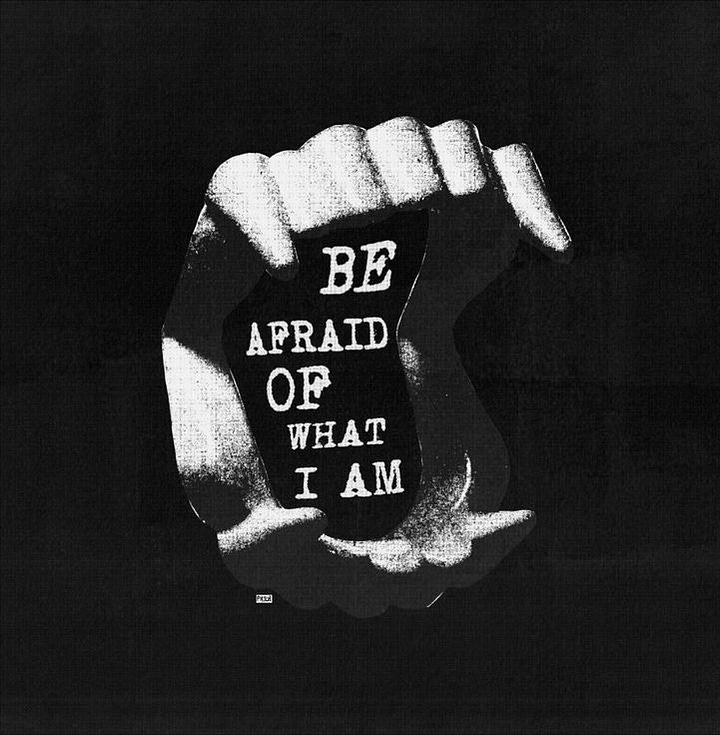
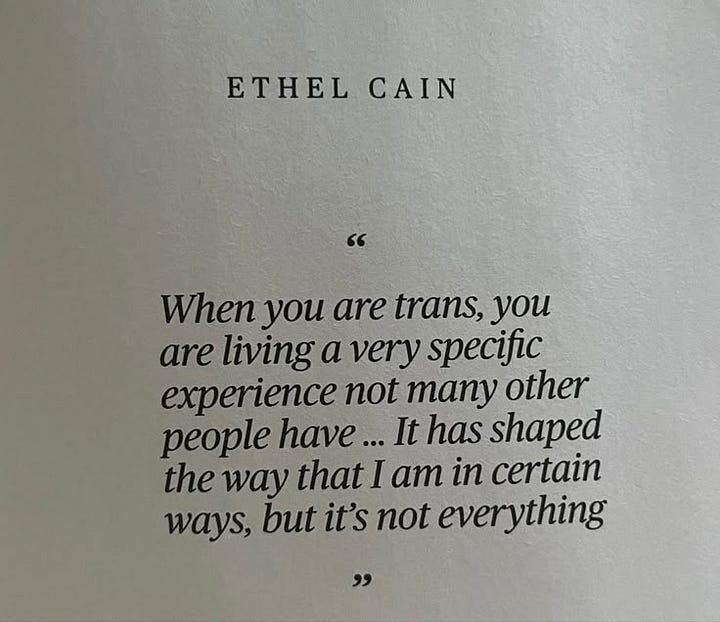
genesis 19:1-11 — shepard distasio
Themes: Religious trauma, body dysphoria, biblical deconstruction
Carrying on the themes of the previous story, Genesis 19:1-11 is drenched in raw, evocative imagery. There is something about biblical horror that always cuts deep—it speaks of a terror older than language itself, the kind of fear you inherit rather than learn.
This piece aches. It doesn’t just tell a story; it wounds. Acting almost like an epigraph, Distasio’s visceral poetry preps your senses for what’s to come.3
relicário — kate duarte
There are ghosts in this story, but they do not haunt. They wait. They remember. They witness.
Kate Duarte’s Relicário is an intimate gothic horror; at its heart, a story about the things we inherit, the things we are forced to become, and the quiet, patient violence of finally saying ‘no’ slowly circulates Maria with agency.
Maria is a woman given no choices. She exists as a wife, a mother, a body meant to be filled and used. Her life is a reliquary—precious, but only for what it holds. Holy, but only in a way that serves others.
The horror here is not supernatural. It is in the way Maria is expected to endure, in the weight of duty disguised as love. The ghost of every woman before her lingers in the halls, a whisper, a warning. And when the moment comes—when Maria finally breaks the cycle, when she takes fate into her own hands—the ghosts do not mourn. They do not try to stop her. They help.
Duarte’s prose is lush, deliberate, heavy with the weight of history and inevitability. This is not just a story about escape. It is about how some doors only open when you are willing to stain your hands red.4
I saw the divine in the waffle house sign — olive j. kelley
Themes: Finding divinity in the mundane, liminal spaces, queerness and hidden love
Holiness isn’t always found in the grand or the ordained. Sometimes, it hums in the buzz of a neon sign, flickering in and out like an unsteady prayer. Sometimes, it spreads across the vinyl booths of a diner in the form of a quiet, knowing glance.
In I Saw the Divine in the Waffle House Sign, Olive J. Kelley reminds us that sanctuaries don’t have to be built from stone and stained glass—they can be lit by fluorescent lights, open 24/7, and serving salvation in the form of bottomless coffee and hashbrowns.
This is the story of people who find themselves in liminal spaces, the ones who slip between societal seams, looking for a place to exist without consequence. The narrator and their companion are lovers; though they move like ghosts—half-visible, caught between the deep-seated need to be seen and the fear of what seeing might bring—their love is something sacred. Not because they don’t want to show it, but because the world outside the Waffle House refuses to understand, not that it could not.
Queerness, in this story, is both a revelation and secret. It is a whisper spoken into a cup of coffee, a touch that almost—but never quite—lingers too long. There’s a tenderness here, a quiet understanding that love, when it exists in the sacred liminal spaces, has to learn new ways to declare itself.
And then there’s the divinity of it all! Kelley understands something deeply human: that faith isn’t about where you kneel and what you confess, but rather who (and where) you hold sacred. The Waffle House is a church, the waitress a reluctant saint, the highway a path to something akin to an afterlife, a promise to reunite. I Saw the Divine in the Waffle House Sign isn’t just a story. It’s a quiet, queer act of love.
And maybe that’s the holiest thing of all.5
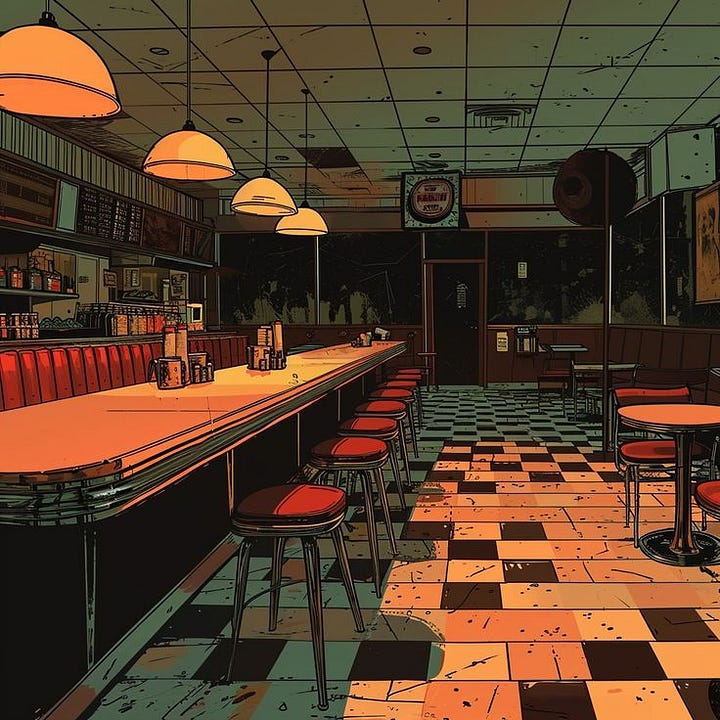
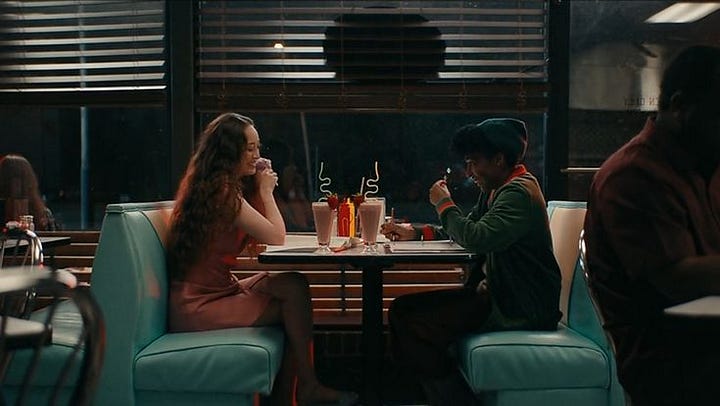
condemn me — andromeda ruins
Themes: Trans identity, faith, religious rejection, deification
What if the act of defiance is the truest form of worship? What if becoming yourself is not a rejection of the divine, but a creation of it?
Andromeda Ruins gives us a protagonist who has been forced into a confessional, but know dear reader that this is not a plea for mercy.
This is a reckoning.
They speak their truth, and the world—small, narrow, unwilling—rejects it. The hands of faith push them down, demand they shrink, expect them to break. They do not ask for forgiveness. They do not ask for acceptance. And so, they are condemned.
And yet—condemnation does not bring ruin. It brings ascension.
This story leans into the horror of transformation. Not the kind forced upon the protagonist by faith, but the kind they choose for themselves. Their body shifts. Their presence warps. And suddenly, they are not simply a person rejected by their god. They are something greater.
The story ends just as the change truly begins, and I found myself craving more. What happens after you become something holy? What happens when you become akin of the thing you once refused?
Give me the full gospel of [redacted] now.6
severin and the dark — harvey oliver baxter
You are Severin. That much is certain, at least.
But the mirror does not recognise you. Your body does not move the way it should. There is something shifting beneath your skin, something reaching, something waiting.
Harvey Oliver Baxter does not write horror in the way most people expect. There are no ghosts in the corners, no creatures lurking in the dark. The terror here is quieter, burrowed deep—it’s the the horror of knowing that your body, your mind, your very existence is slipping out of your control.
Second-person narration makes the story feel claustrophobic, pressing the reader against the walls of Severin’s unravelling psyche. You are not separate from them. You are them. You feel the wrongness creeping in, the reflection that does not obey, the slow, sickening realisation that whatever is happening cannot be undone.
And then there’s the question of the name. Severin. A name we have seen before in this anthology. A name tied to another story of divinity and defiance. Whether the connection is intentional or a trick of coincidence, it persists—like a shadow stretching between the pages, thick fog over a cold English moor.
This is not a story about escape. It is about witnessing the body turn into something unknown, something terrifying. Baxter does not ask for understanding. They only want you to look.7
the autopsy of icarus — a. r. zeitler
Themes: Mythological horror, hubris, the divine gaze
We already know how this story ends. We have told it a thousand times: a boy, wings, sun, descent. Yet Zeitler takes the myth of Icarus and cracks it open, lays it out on the table, and forces us to look closer. To see the body, not just the lesson.
Beneath the calculated prose, The Autopsy of Icarus is clinical, detached and raw—the body is right in front of us, after all. The myth is no longer a metaphor, no longer an abstract warning. It is a body, broken and real, examined piece by piece. It is sinew and bone, the fragile mechanics of flight reduced to something anatomical, inevitable.
The brilliance of this story lies in its refusal to moralise. Zeitler does not punish Icarus, nor does she redeem him. Instead, she lays out the evidence, unflinching. What is left is not a lesson, but a question: Was it worth it?
The answer, unspoken but heavy in the silence, is always yes.8
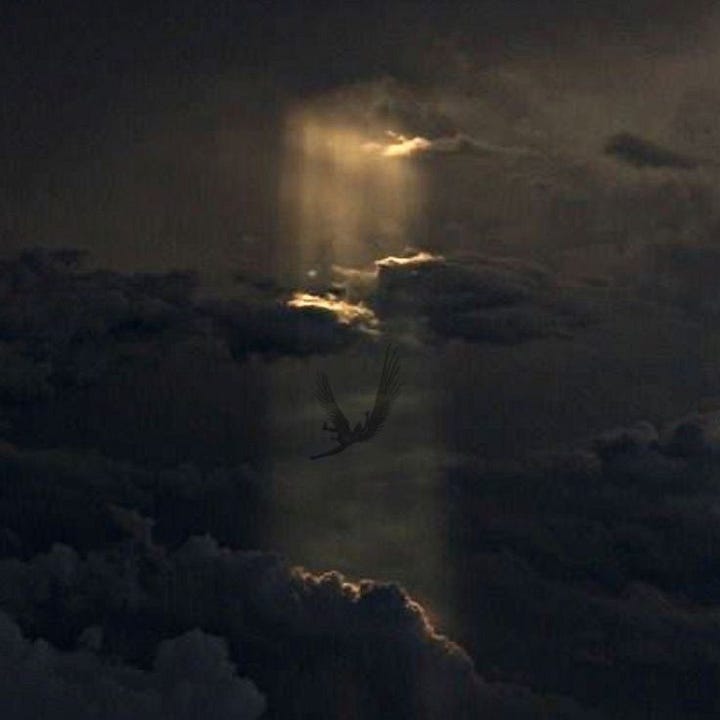
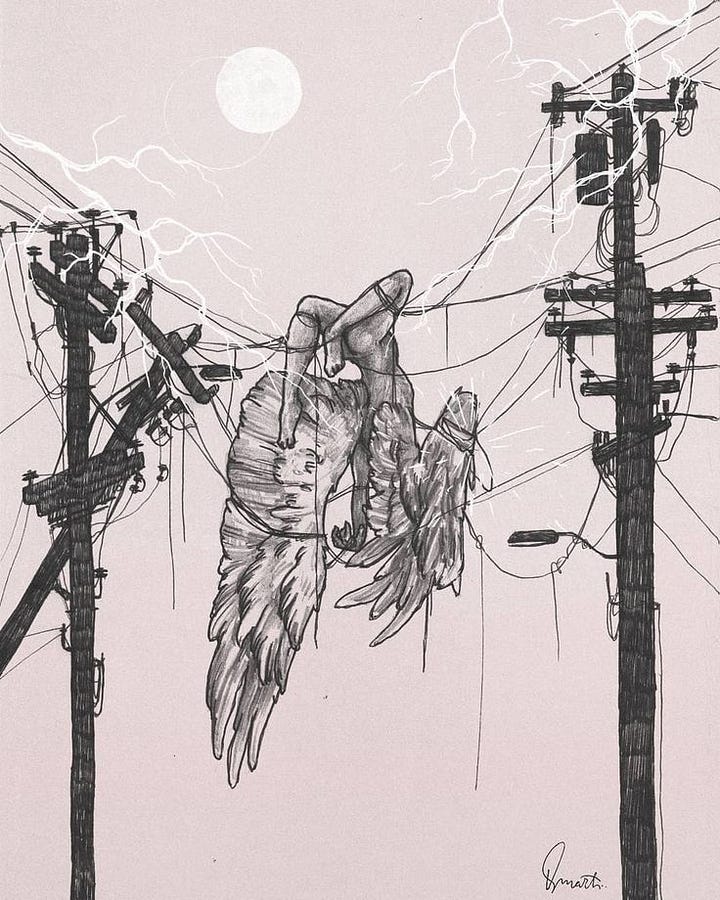
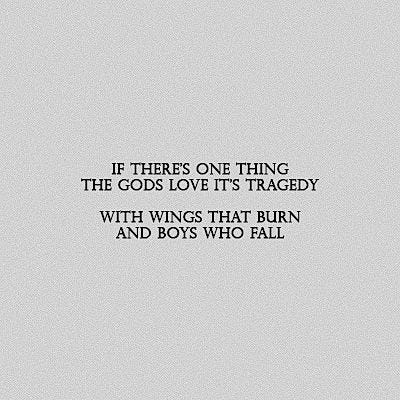
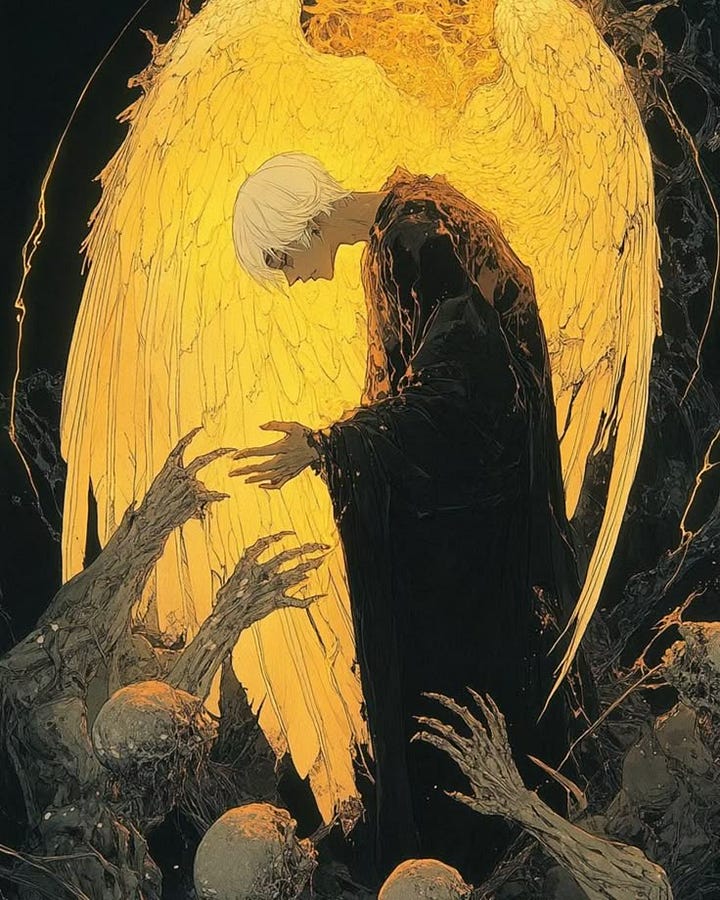
Thanks for reading! If you would like to support the anthology, you can purchase it from your local bookshop.
Love from,
Hannah
(ig, spotify, goodreads, letterboxd)
Credit for all images used can be found here.
Check out my other posts!
every book I read in 2024
I have always been an avid reader. I reread the same books as a kid because they were my pride and joy. I felt like I belonged amongst the words, within the narratives and imagined myself in these scenes as they played out.
don't let your husband stop you from finding your wife: Sister Wives (2024)
Sister Wives (2024) directed by Louisa Connolly-Burnham is a short film about two women who live in a fundamentalist, polygamous society. When their husband Jeremiah (Michael Fox) is called away on a mission, Kaidence (Louisa Connolly-Burnham) and Galilee (Mia McKenna-Bruce) start to develop feelings towards each other, in a society where being queer is…
daughters of the internet, mothers of ourselves
I sat down with the purpose of writing today. Grey beams of English sunset glow through my window. I haven’t felt warmth in my fingers since when days were longer than the nights. But I sat down with the purpose of writing—this. And that counts for something.
I do not know who I am
I do not know who I am as a writer but it is the thing I was created to do. I do not know what I want to write because my head was stuck in the clouds for my first twenty-two years so I naturally wanted to write about girls with swords, castles and kingdoms, and morally righteous knights. I do know I have grown — maybe not up, though I am not entirely s…
Quinton Li (they/them) is an award-winning non-binary author of fantastical and queer narratives that represent underrepresented identities. They are the author of TELL ME HOW IT ENDS, CHRYSALIS and REQUIEM, and ALL YOU WANT FOR THE HOLIDAYS. They are the editor and curator of DEVOUT: An Anthology of Angels and REVERENT: An Anthology of Divinity. Find more at quintonli.com
Alice Scott (She/They) is a queer author and bookseller who may or may not be a ferret turned human by a kiss from a prince. She has a BFA in creative writing and is the author of several short stories including this one. Follow them @Allyscottauthor for more!
Shepard DiStasio (he/they) is a trans, disabled writer based in Chicago, IL. He is a Swarthout Award winner in poetry, and his debut novel, VEIL US IN GOLD, was an indie ink award finalist. They have 2 cats, and love to translate ancient poetry between revisions on their Gothic novels. They are represented by Aiden Siobhan at LDLA.
Kate Duarte has a bachelor's degree in Anglo-American Studies with a minor in Portuguese. She writes queer romantasy with a deliciously dark undertone, and characters finding joy despite their traumas. She lives with her partner and her tiny (but fierce) dog, Stitch. Kate is represented by Catherine Ross at CLA.
Olive J. Kelley (they/them) is a mid-twenties, non-binary, autistic lesbian who writes hopepunk, realistic romance for queer and disabled adults. You can find them at @olivejkelley on assorted social media, often talking about procedural television or horror movies.
Andromeda Ruins (he/him) is a queer author from a small town in the Midwest. He recently graduated his undergrad program with a Classics major and loves to take the themes and stories he learns about and adapt them to the modern day.
Harvey Oliver Baxter is a queer author and illustrator and lover of all things weird and spooky. They are the author of the vampire novels FALLEN THORNS and FOREVER RED (2024).
A.R Zeitler is a new author specializing in speculative fiction and poetry. She is currently pursuing a master's degree in Folklore and is working on a novella inspired by Alice in Wonderland as part of her thesis. She sincerely hopes her readers find sweetness in her stories!





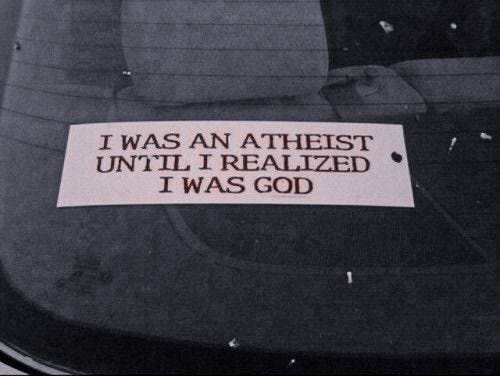




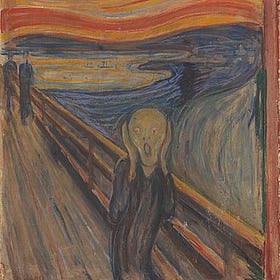
will definitely be reading!